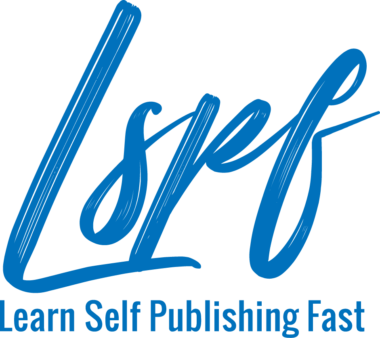Today we’re excited to have Rose Spinelli guest post for us about the fundamentals for good crowdfunding storytelling. These great tips apply to any crowdfunding platform — whether it’s Kickstarter, Indiegogo, or Pubslush.
Whether you’re One of the most brilliant strategies that parents devised to get their kid to go to bed is the promise of storytelling time before lights out. That’s because we all love to be transported and to discover worlds we never dreamed possible. Our desire to be spun a good yarn doesn’t end just because we’ve given up our footie P.J.s.
Yet that is often the number one problem of many projects. There are reasons for this. So if you can’t find a five year old to remind you of what a great story looks, feels and sounds like you’ll have to content yourself by reading this list of common crowdfunding obstacles and what you can do to turn them around.
My project doesn’t have a story because I’m pitching a product.
There’s a reason most news stories begin with an anecdote about an Everyman with a name, a face and a history. It doesn’t matter if the story is about a lawnmower recall or gluten-free pancakes. The news story sets about revealing its true premise by introducing a person. Maybe he overcame an adversity or succumbed to one. He may be a hero or a villain. Whatever the case, that person drew you in to the truths of what the story was really about.
Your product has a history, too.
Yes, we’ll want to know all about it before we fund you, but please don’t leave out all human color. It doesn’t have to be a diatribe, just a touchstone that will humanize you and make readers want to keep digging for gold. Sound hard? Ask your friends to talk about your process with you. See what comes out of it and then write your narrative like you’re talking to one of them. If you’re just beginning your journey consider starting a journal so you won’t forget.
My resume, my self
When it comes to asking for money, we feel a strong urge to defend our accomplishments and attributes to feel worthy recipients. There is some merit to that belief. But unless your project is about your plan to hike to Peru and up Machu Pichu on foot, don’t lead with what a perfect specimen you are. As noble as your gesture to fully disclose your credentials may be, to your readers it comes off more as protesting a little too much. But worse than that, it gets us out of your real story. Better to first draw us in and then give us all the details about your fabulousness, and why you’re the best person to complete your project.
My idea is technical and complicated and there is no way to describe it in an interesting way
No doubt the more eggheaded your project, the tougher your road is. But it will have some human application, right? Assuming you’ve answered yes, start thinking about what those applications are, and how you can relate them in a conversational way. The best way to accomplish this is probably by posing questions. Something like, Ever wondered about the negative effects from noise on people who live near wind turbines? A question like that should give you a way in to talk about how a group, an individual, or a gaggle of geese will be somehow positively impacted by your wind turbine project. Too hard? Go back to your friends for another brainstorming session.
My project has so many great things about it
On the surface this sounds terrific, right? An endless supply of good news! People will simply not be able to wait to throw money at you. If you have that mindset your narrative will read like a mish-mash. Basic good marketing would advise you to pick one selling point and stick with that. This does not mean you can’t talk about the other great benefits your invention may have, but don’t confuse us. Mercedes marketing strategy focuses on its luxury status. No one would argue that it’s not safe or fun to drive. But Mercedes doesn’t complicate it pitch. They’ve decided to focus on one thing, and they stick with it. The rest of its assets just sweetens the pot.
On the Internet different rules of writing apply Call me old fashioned for complaining, I don’t care. Maybe you won’t get comments about how your story is a mess. But people will think it, and they’ll think badly of you for it. Worse, they’ll give up on you. So break up those weighty copy blocks and make way for plenty of paragraphs and white space. Get rid of long, run-on sentences that leave readers gasping for air, and please keep your finger off the “caps lock” key. Yes you’ve been supplied with subhead, but don’t be afraid to create more if you need them for clarity’s sake. Triple check for spelling and typos. If you have to hire an editor, it’s money well spent.
————————————
About Rose Spinelli
Reinvention through the art of storytelling guides Rose Spinelli’s writing career. As a print journalist her work has appeared in publications such as Yoga Journal and National Geographic Traveler, among many others. She was also an editor for Time Out Chicago. In between she has written for the screen as a hired gun, and produced and directed her own documentary, “Baking Bread.” She recently launched TheCrowdfundamentals.com to help people navigate and connect in the crowdfunding space by telling their stories impactfully. She lives in Chicago with three boys, one handsome husband and two cute canines.




Comments